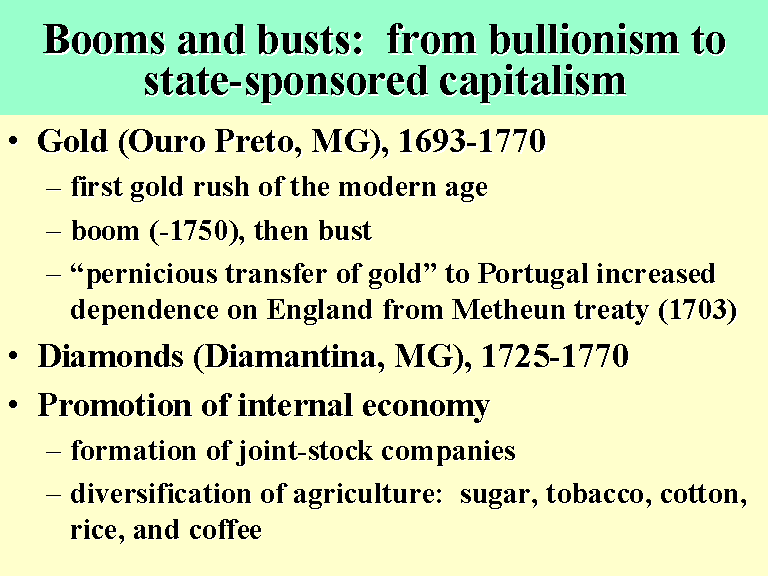Bullionism
Bullionismus (of English bullion, mintbar ',' precious metal bullion ') is a practice in the age of mercantilism, monetary policy, which provided for a currency controls, in particular gold and silver supplies sought to keep at home.
Among the historical situation of a less developed commodity production, the " monetary system " saw what the " mercantile system " is only one variant, the money the exclusive form of socially recognized wealth, as a " world money " especially in the metallic form as gold and silver. In the controversy about 1809 to the British central bank policy have been called " Bullionisten " the partisans of David Ricardo referred. Ricardo has indeed declared the paper money for the finished form of money. However, his theoretical argument ends with inflow and outflow of precious metals exert an absolute influence on the capitalist economy.
Mercantilism
This type of mercantilist monetary policy was primarily concerned with practical goals and measures for the maintenance and promotion of state power and state prosperity, since the prevailing conditions of political fragmentation, more or less equaled that of a war economy. The long-distance trade was everywhere impeded by customs fragmentation and the staple policy, that is, the systematic direction of the through trade on certain stacking bins or stacking ports.
Based on the consideration that a " trade balance " is an increase in the potential power of a nation, this was raised to the economic objective. A ban on the export of cash and precious metals abroad should complicate together with strict currency controls the outflow of cash abroad.
Thomas Milles (1550-1627), a customs officer from Sandwich has, in his book The custumers Apology: defends the staple policy thus did is to say, A generall answere to Informers of all Sortes (London 1601), as it compared to the monopoly of the Merchant Adventurers in the port cities of London, and therefore the freedom of trade and promotes low prices.
Gerard de Malynes (1586-1641) was in the judgment of Joseph Schumpeter's one of the few mercantilists, who have developed a theoretical argument. No author of the 17th century had surpassed him in the clear and full understanding of the foreign exchange mechanism; However, he was more impressed by the defects of this mechanism at the time as itself from the mechanism, he published a pamphlet entitled A Treatise of the Canker of England 's Commonwealth, the Edward Misselden with his book The Circle of Commerce: Or, the Ballance of Trade " confronted. This led to the outflow of money and precious metals from England not to the disadvantage of the English in the formation of exchange rates back, but on the unfavorable structure of the English trade balance.
Another mercantilist instrument was the customs policy. The import of raw materials was facilitated by favorable tariffs, hinders the export of manufactured goods and foodstuffs by high tariffs. The latter should increase the domestic supply of finished products and food and thus reduce prices in the expectation that with declining food costs fall, wages and ultimately production costs could be lowered. The import cheaper raw materials should promote domestic production also.
In England the customs fragmentation from 1600 was increasingly replaced at national level by the royal central power internally and by an imperialist colonial policy towards the outside. In the Navigation Act of 1651 stipulates that the transport of all export and import goods have to be carried out exclusively by English ships, which should facilitate the control and activate the services balance. The fact that these economic policies at the same time reduced the competition of products and production methods with foreign countries and therefore the general prosperity, then made the free-traders as their main counterargument.
By Adam Smith and others later representatives of economic liberalism these economists and their theorems have experienced a decline, because their policy and monetary policy were rejected. In this case, the " mercantile system " in particular by A. Smith of the monetary theory error was assumed that they defined the economic wealth of a nation by the amount hoarded precious metal.
The Bullionisten
In another historical aspects and significance according to Karl Marx were, strangely enough, those who The high price of bullion, a proof of the depreciation of Bank Notes (1809 ) the money for mere stamps said after David Ricardo, as " Bullionisten " ( bullion Men ) referred to.
Ricardo's theory was later corresponding to the "fundamental principle " of the Bank Act of Sir Robert Peel, 1844/1845.










